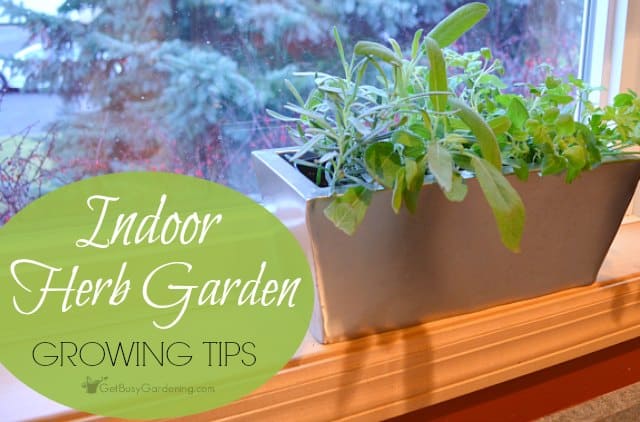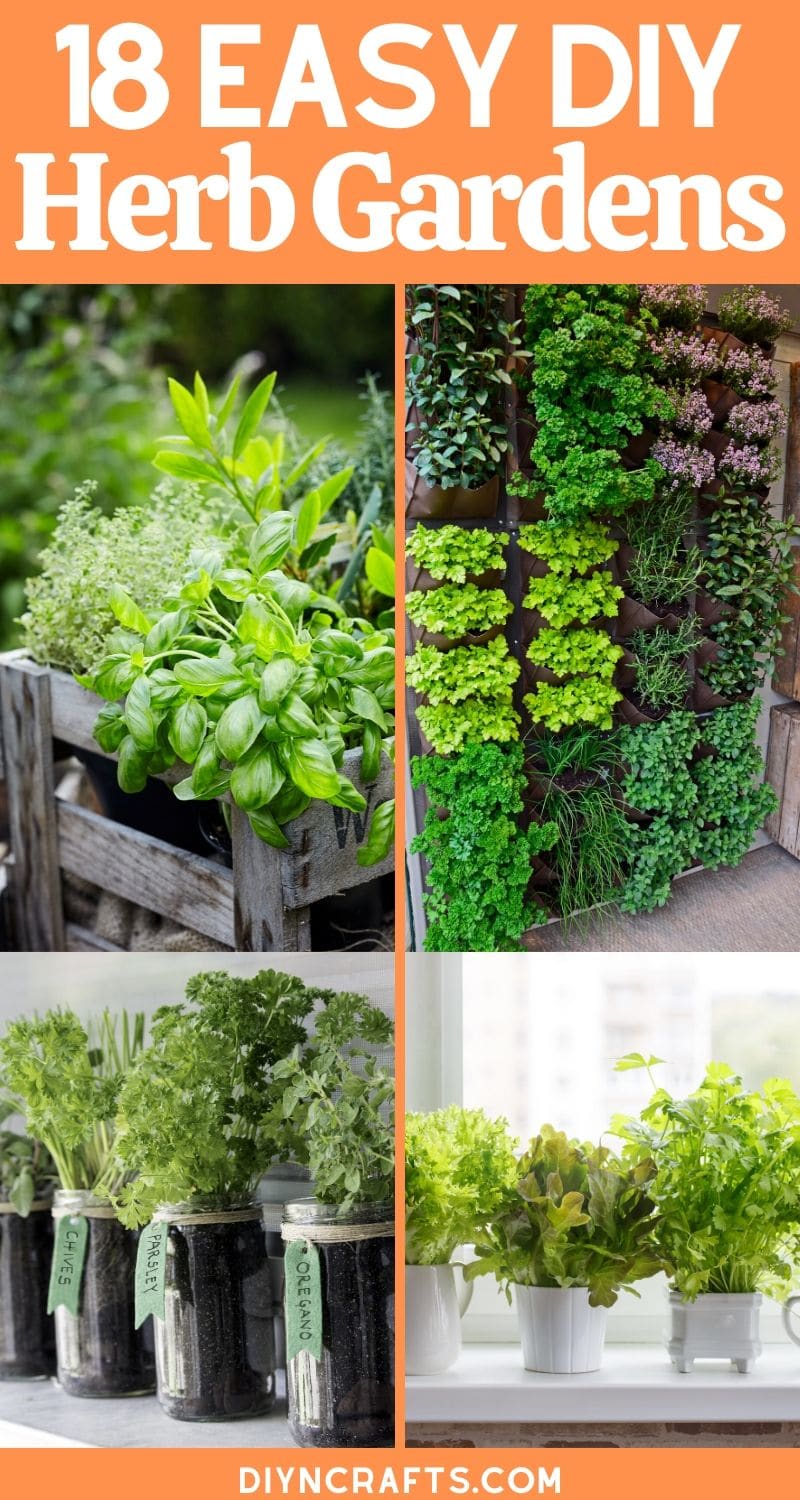Keep your herbs thriving through the cold months with these Indoor Herb Gardening Tips for Winter. For those of you at kratomforum.org who are also passionate about growing your own food, even during the harshest winter months, this guide is for you. These Indoor Herb Gardening Tips for Winter will help you maintain a lush and flavorful herb garden, regardless of the weather outside. Mastering these Indoor Herb Gardening Tips for Winter will ensure a continuous supply of fresh herbs for your culinary creations.
Lighting is Key: Essential Indoor Herb Gardening Tips for Winter
One of the most crucial Indoor Herb Gardening Tips for Winter revolves around providing adequate light. Winter’s shorter days mean your herbs will need supplemental lighting to thrive. A south-facing window might offer some natural light, but even then, it’s often insufficient. Consider investing in grow lights; full-spectrum LED grow lights are a popular and energy-efficient choice. Position the lights appropriately to ensure even illumination across your herb plants. Remember, insufficient light will lead to leggy growth and reduced flavor. These Indoor Herb Gardening Tips for Winter emphasize the importance of mimicking the natural sunlight your herbs would receive in warmer months.
Optimizing Light Exposure
Experiment with different light schedules to find what works best for your herbs. Some herbs might benefit from 12 hours of light, while others might prefer a slightly longer or shorter photoperiod. Monitor your plants closely; if they appear pale or stretched, they’re likely not getting enough light. Adjust the distance between the lights and your plants as needed. Too much light can also be detrimental, potentially causing leaf burn. Careful observation and adjustment are key components of these Indoor Herb Gardening Tips for Winter.
Watering Wisely: More Indoor Herb Gardening Tips for Winter
Overwatering is a common mistake, especially during winter. Cold temperatures slow down the rate of evaporation, meaning the soil remains moist for longer periods. Before watering, check the soil moisture level by inserting your finger about an inch into the soil. Water only when the top inch feels dry. Overwatering can lead to root rot, a significant problem that can quickly kill your herbs. These Indoor Herb Gardening Tips for Winter stress the importance of mindful watering practices.
Drainage and Potting Mix
Ensure your pots have adequate drainage holes to prevent waterlogging. Use a well-draining potting mix specifically formulated for herbs. Avoid using garden soil, as it tends to retain too much moisture. The right potting mix is a cornerstone of these Indoor Herb Gardening Tips for Winter.
Temperature Control: Crucial Indoor Herb Gardening Tips for Winter
Most herbs prefer temperatures between 65 and 75 degrees Fahrenheit (18-24 degrees Celsius). Keep your herbs away from drafts and cold windows, as these can significantly stress your plants. A consistent temperature is vital for healthy growth. These Indoor Herb Gardening Tips for Winter highlight the importance of providing a stable and comfortable environment for your herbs.

Maintaining Consistent Temperatures
If your home tends to be drafty, consider placing your herbs in a warmer location, perhaps near a radiator or heat vent, but avoid placing them directly on the heating source. Monitor the temperature regularly, especially during extreme weather conditions. These Indoor Herb Gardening Tips for Winter are designed to help you create a favorable microclimate for your herb garden.
Humidity and Air Circulation: Further Indoor Herb Gardening Tips for Winter
Many herbs appreciate higher humidity levels. You can increase humidity by grouping your plants together, placing them on a pebble tray filled with water (making sure the pot bottoms don’t touch the water), or using a humidifier. However, good air circulation is equally important to prevent fungal diseases. Avoid overcrowding your plants, ensuring sufficient space between them for air to circulate freely. These Indoor Herb Gardening Tips for Winter emphasize the balance between humidity and air movement.
Preventing Fungal Growth

Regularly check your plants for signs of fungal diseases, such as powdery mildew. If you notice any issues, take appropriate steps to address them promptly, such as removing affected leaves or using an organic fungicide. These Indoor Herb Gardening Tips for Winter offer preventative measures to keep your herbs healthy and vigorous.
Nutrition for Winter Herbs: More Indoor Herb Gardening Tips for Winter
During winter, your herbs might require supplemental feeding. Use a balanced liquid fertilizer diluted to half strength, following the manufacturer’s instructions. Over-fertilizing can be just as harmful as under-fertilizing, so start with a lower concentration and increase it gradually if needed. These Indoor Herb Gardening Tips for Winter guide you on how to provide the essential nutrients your herbs need during the colder months.
Choosing the Right Fertilizer
Choose a fertilizer specifically formulated for herbs or vegetables. Avoid fertilizers high in nitrogen, as this can promote leafy growth at the expense of flavor. These Indoor Herb Gardening Tips for Winter help you select the appropriate nutrients to ensure optimal growth and flavor development.

Pruning and Harvesting: Essential Indoor Herb Gardening Tips for Winter
Regular pruning helps to maintain the shape and size of your herbs, encouraging bushier growth and preventing legginess. Harvest regularly to encourage new growth and prevent the plants from becoming overgrown. Remember to use clean, sharp scissors or pruning shears to avoid damaging the stems. These Indoor Herb Gardening Tips for Winter guide you on how to effectively prune and harvest your herbs.
Encouraging New Growth
Pinching back the growing tips of your herbs is a simple yet effective pruning technique that promotes bushier growth. Harvest leaves selectively, avoiding removing too much foliage at once. These Indoor Herb Gardening Tips for Winter focus on sustainable harvesting practices to keep your herbs productive.
Pest and Disease Control: Important Indoor Herb Gardening Tips for Winter
Even indoors, your herbs can be susceptible to pests and diseases. Regularly inspect your plants for signs of infestation or disease. If you notice any problems, address them promptly to prevent widespread damage. These Indoor Herb Gardening Tips for Winter provide guidance on identifying and treating common issues.
Natural Pest Control
Consider using natural pest control methods, such as introducing beneficial insects or using insecticidal soap. These Indoor Herb Gardening Tips for Winter emphasize environmentally friendly approaches to pest management.
Soil Care: Further Indoor Herb Gardening Tips for Winter
The health of your herbs depends significantly on the quality of your soil. Ensure your potting mix is well-draining and provides adequate nutrients. Consider replenishing nutrients periodically with compost or a balanced fertilizer. These Indoor Herb Gardening Tips for Winter are all about creating a healthy growing environment.
Repotting
If your herbs become root-bound, repot them into larger containers. This will provide more space for root growth and encourage healthier plants. These Indoor Herb Gardening Tips for Winter help you to recognize and address root-bound plants.
Troubleshooting Common Problems: More Indoor Herb Gardening Tips for Winter
Yellowing leaves can indicate overwatering, underwatering, or nutrient deficiencies. Leggy growth often points to insufficient light. These Indoor Herb Gardening Tips for Winter are designed to equip you with the knowledge to diagnose and resolve common issues.
Final Thoughts on Indoor Herb Gardening Tips for Winter
By following these Indoor Herb Gardening Tips for Winter, you can ensure a bountiful harvest of fresh herbs throughout the colder months. Remember that consistent attention and observation are key to success. Enjoy the satisfaction of nurturing your own herb garden, and savor the delicious flavors of homegrown herbs in your winter dishes.
Tags: indoor herb gardening, winter herb garden, growing herbs indoors, herb gardening tips, winter gardening

